Near the beginning of the Iraq war, Tom Delay made this statement, “Nothing is more important in the face of war than cutting taxes.” In May of 2003, Bob Burnett of Alternet provided some context for the statement (bold added):
Confronted with a congressional compromise that would reduce the scope of the package to $350 billion (by eliminating the provision to do away with the tax on stock dividends), the President pushed back and asked for $550 billion in cuts. Asked why the Bush administration was pushing for tax cuts when the nation is engaged in a war with a still unknown price tag, and is already facing a record deficit of more than $300 billion in this fiscal year, House Majority Whip Tom DeLay famously responded, “Nothing is more important in the face of war than cutting taxes.”
More recently, Paul Krugman of The New York Times, made the following observations:
… today’s congressional leaders have a very different
view about wartime priorities. “Nothing is more important
in the face of a war than cutting taxes,” declared Tom
DeLay, the former House majority leader, in 2003.DeLay has since been dethroned, but the DeLay Principle lives on. Consider the priorities on display in Congress this week.
So what has Congress done recently in honor of the DeLay Principle and the related principle of borrow and spend?
- Earlier this year, Congress passed a $70 billion tax cut for the rich.
- Last week, they came close to adding another $240 to $355 billion to that by eliminating the inheritance tax, which was created by the Emergency Revenue Act of 1916 to fund World War I.
- Also last week, a measure costing $648 million to increase scrutiny of shipping containers coming into U.S. ports was dropped from the national security package under negotiation in Congress.
So, port security, in millions of dollars, is too expensive, but cutting billions in taxes, while we are at war, is just fine.
Words from our national government on how important port security is, i.e. stopping the Dubai Ports World deal, contradicts their actions.
Mr. Krugman concluded his article with this, “But the DeLay Principle isn’t really that hard to understand: It’s just like the Roosevelt Principle, but the other way around. These days, the state — or rather, the political coalition that controls the state, and depends on campaign contributions to maintain that control — owes a peculiar obligation to men of great wealth. And nothing is more important than cutting these men’s taxes, even in the face of a war.”
What has happened between WWI and the Irag war and where are we going next?



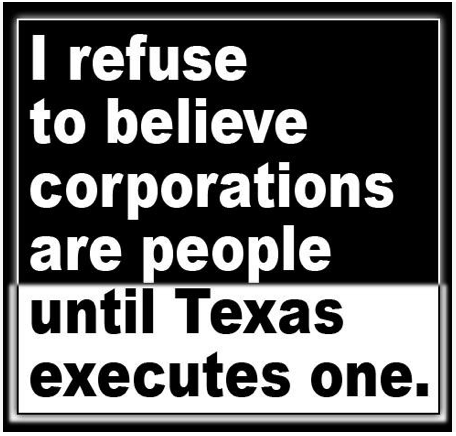
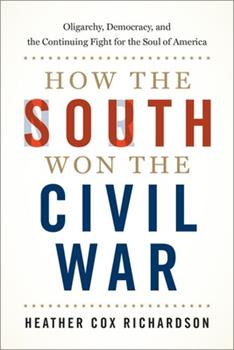
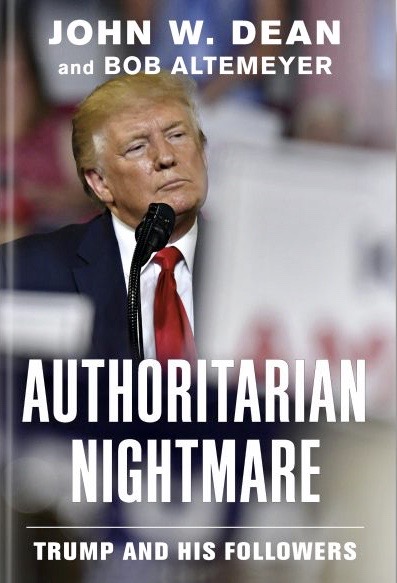
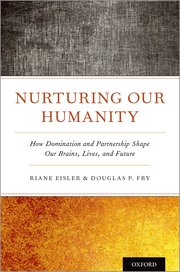
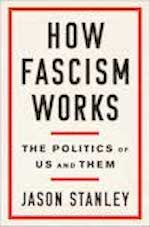
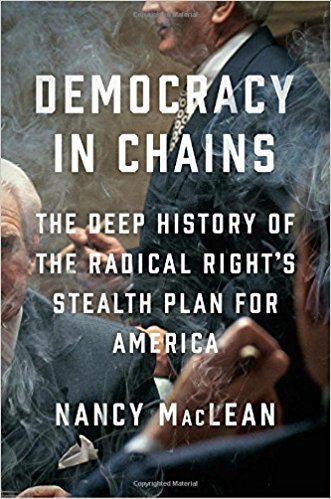



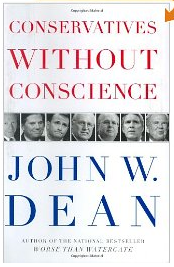

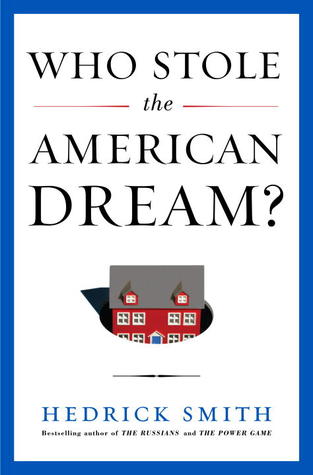

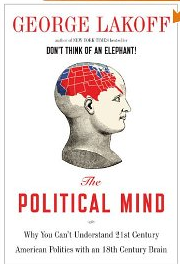
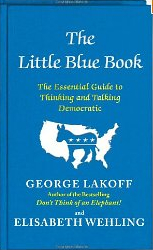
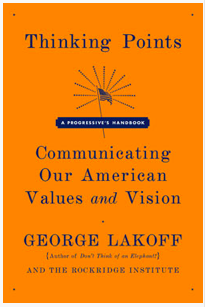

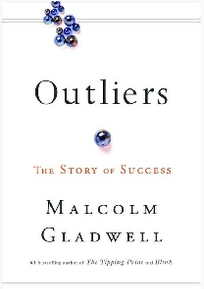









Pingback: The WAWG Blog » Unitary Presidency, Dysfunctional Congress and Judicial Petitions - Is It to Late to Stop the Redacting of the Constitution?